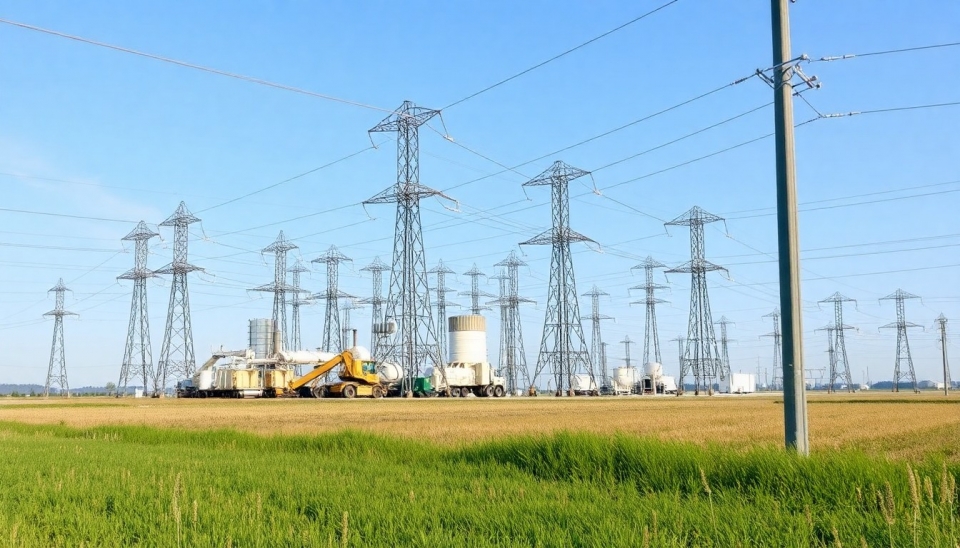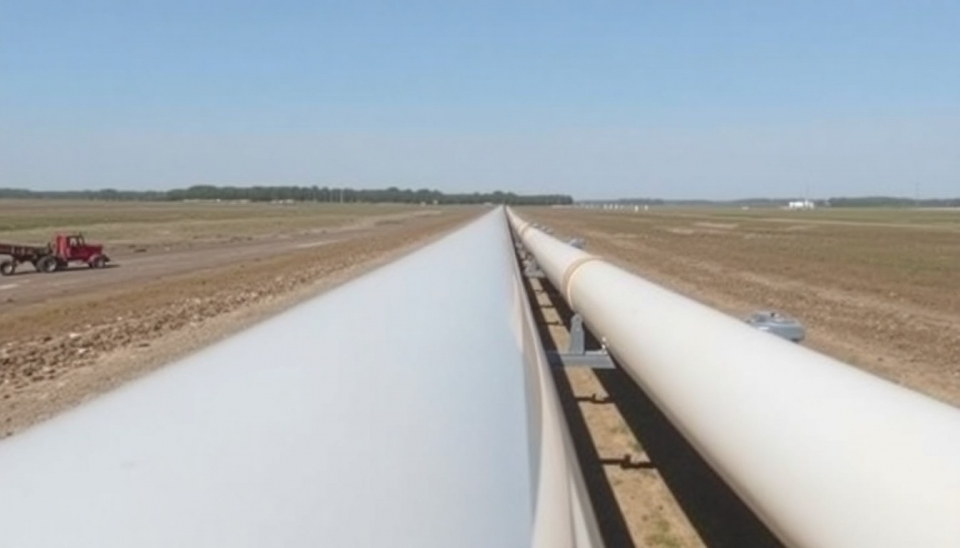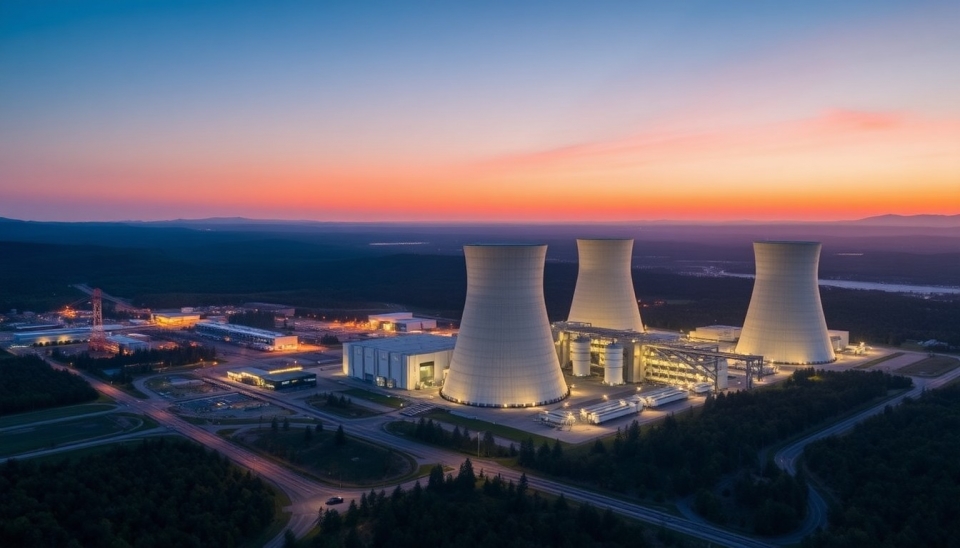
In a striking revelation, a leading U.S. utility has acknowledged that natural gas is capable of fulfilling only a small portion of the country's escalating energy needs. This announcement comes amid increasing scrutiny of fossil fuels as energy sources and a growing push for renewable alternatives. The utility's findings highlight a crucial moment in the energy sector, one where reliance on natural gas must be critically examined in the context of sustainability and future energy demands.
The utility's report underscores the limitations of natural gas as a long-term solution for meeting power needs, particularly during peak demand periods. Traditionally, natural gas has been seen as a reliable bridge in the transition toward greener energy solutions. However, as electricity consumption continues to rise, especially with the transition to electric vehicles and the electrification of various sectors, it has become evident that natural gas alone cannot sustain this growth.
Experts from the utility have indicated that while natural gas plants can generate power quickly, they are unable to meet the full demand necessary to ensure grid stability during high consumption periods. This shortfall raises concerns about energy reliability, especially during extreme weather events or surges in electricity usage. As a result, reliance on gas could lead to potential shortages, prompting the need for diversified energy sources capable of balancing the grid efficiently.
Additionally, the findings of the utility illuminate the urgent need for investment in renewable energy sources, such as solar, wind, and hydroelectric power. Industry leaders argue that investing in these sustainable technologies will not only help meet future power demands but also significantly reduce greenhouse gas emissions. The utility's observations underline the premise that a diversified energy portfolio is critical for achieving energy security and combatting climate change effectively.
As the energy landscape continues to evolve, the implications of this report extend beyond just electricity generation. Policymakers, stakeholders, and consumers alike must grapple with the reality that fossil fuel dependency is not a sustainable solution in an era focused on reducing the carbon footprint and addressing climate change. The call for a transition to renewable energy sources grows louder, and utilities are urged to adapt promptly to these changing dynamics.
The challenge now lies in how to implement such a transition effectively. The utility emphasizes that while natural gas will remain an integral part of the energy mix for the foreseeable future, a measured and deliberate shift toward renewables is essential to ensure long-term sustainability and resilience in the energy sector. Without such a transition, the risk of energy shortages and global warming continues to loom large.
In conclusion, the utility's findings pose a significant wake-up call and spur essential discussions about the future of energy production in the United States. A proactive approach to re-evaluating energy dependencies and investing in renewables is crucial not only for environmental reasons but also for the ongoing stability and reliability of the power supply.
As the industry and consumers ponder the best path forward, the need for an urgent reassessment of energy policies and practices has never been more critical.
#EnergyTransition #NaturalGas #SustainableEnergy #RenewableResources #PowerDemand #ClimateChange #ElectricityManagement #UtilityIndustry
Author: Liam Carter




